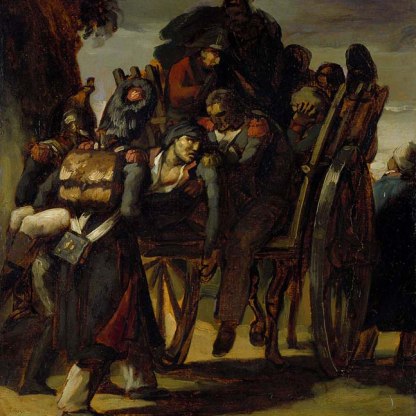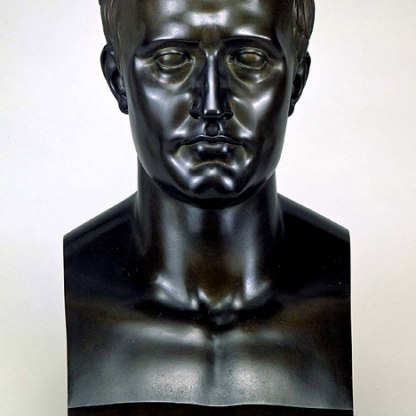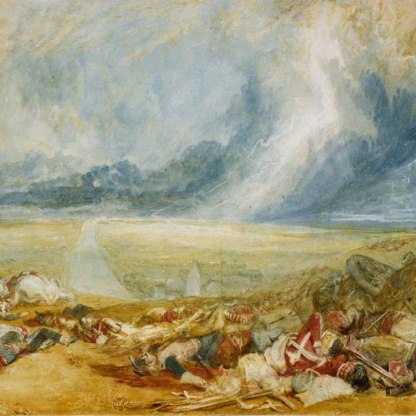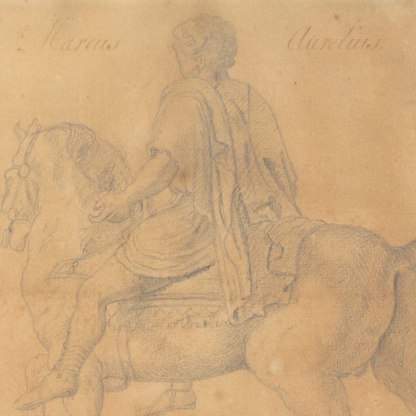Napoleon in Russia
The army with which Napoleon invaded Russia on 24 June 1812 is thought to have been the largest ever assembled for a single campaign up to that time. It comprised troops from twenty nations. Over half a million men were accompanied by 30,000 wagons and 150,000 horses. 28 million bottles of wine were carried to satisfy their thirst.
In contrast, the Russian Tsar, Alexander I, had only 120,000 troops at his disposal and for the first seven weeks of the campaign, Napoleon's army met with scarcely any military resistance. In August the French leader decided to strike at the heart of Russia: the capital, Moscow.
But from the beginning of the expedition the Grand Army had met with difficulties. The retreating Russians burned villages and destroyed the crops with which Napoleon had planned to feed his men and horses. The Russian weather had inflicted heavy losses and by 6 September, when the French forces faced the Russians at Borodino, 72 miles west of Moscow, Napoleon's army numbered 133,000 men against the Tsar's 120,000.
It was enough, however, and on 15 September Napoleon led his depleted but victorious troops into Moscow and settled into the Kremlin, the city's citadel, to await the surrender of Alexander I. And just as they had sacrificed their villages and crops before the advancing French army earlier in the summer, the defeated Russians now torched their capital. The French were forced out of the centre of the city and deprived of essential winter supplies. When, after five weeks, the Tsar had still not capitulated, Napoleon decided to head back West to winter in Lithuania. On 19 October the army began to retrace their steps.
It was the worst decision the emperor made in a career otherwise distinguished for its strategic brilliance. Napoleon had reportedly once said that an army marches on its stomach, but although he left Moscow with enough food to last his men for twenty days, the horses upon which they relied to pull the carts had not been catered for.
Napoleon had also underestimated the ferocity of the Russian winter. By 23 November when the French army, starving and harried by the attacks of Cossacks and Russian troops, reached the Berezina river, the temperature had dropped to -25 degrees Celsius. It is said that at night men disembowelled dead horses and climbed inside their carcasses to keep warm. When the remains of the army reached the comparative safety of Vilnius, the capital of Lithuania, on 7 December temperatures had sunk to -32.
By then Napoleon himself was already speeding back to Paris by sledge. Less than eighteen months later, he was forced to abdicate his throne and went into exile on the Italian island of Elba.
Other highlight objects you might like
Other pathways and stories you might like
Sign up to our emails
Be the first to hear about our news, exhibitions, events and more…




.jpg?key=exhibition)
